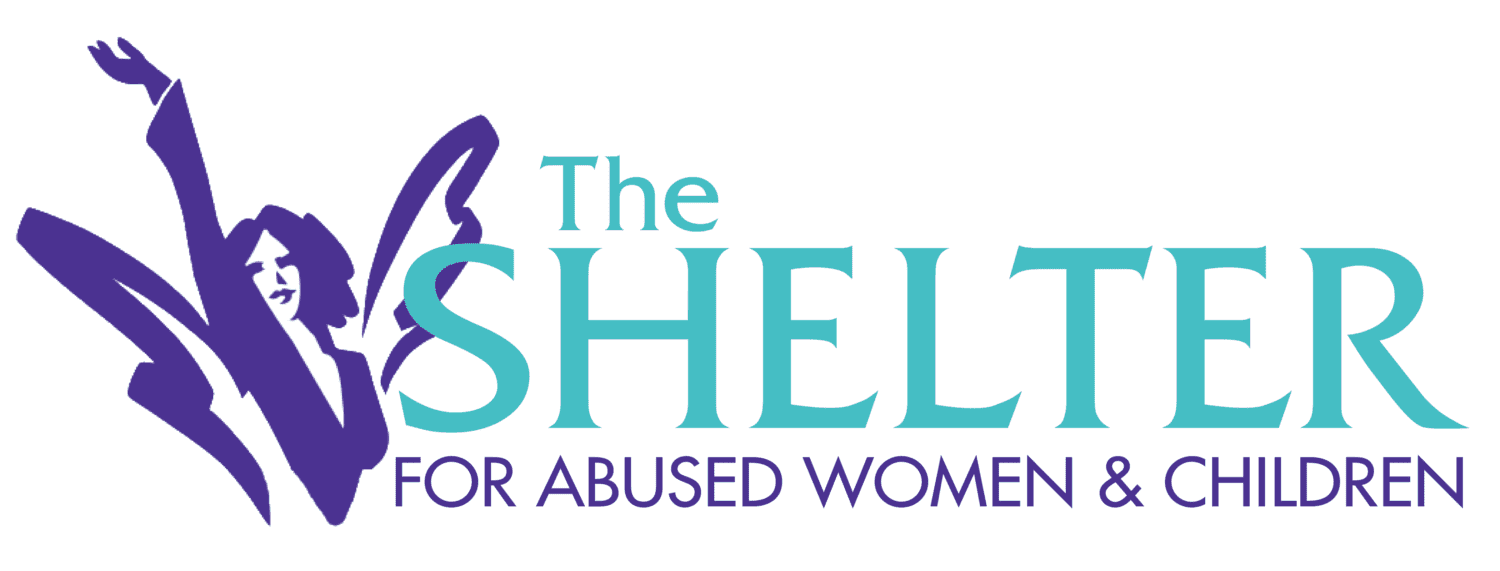Immokalee Bulletin: Essential Workers & COVID
By Yakira Chu
Special to the Immokalee Bulletin
VIEW print copy
IMMOKALEE – Covid-19 has posed considerable challenges to nearly every family, but none more so than migrant women and children living in domestic violence in rural areas. At the Shelly Stayer Shelter for Victims of Human Trafficking & Domestic Violence in Immokalee, we serve this population as they navigate through multiple hardships. Through the Domestic Violence Prevention Enhancement and Leadership through Alliances program (DELTA), we recognize the significant wage gaps and lack of resources available to migrant survivors of domestic violence. We work with local employers to adopt policies that provide leave for employees impacted by violence and abuse. Such policies benefit workers and employers by preventing lost production, turnover costs, and keeping profits steady.
There has never been a more vital time for employers to adopt these policies. In Immokalee, our essential workers are mostly migrant laborers. According to the CDC, immigrants disproportionately live in the sectors hardest hit by the pandemic and work on the front lines as field workers, health care and food service employees, where they face heightened risks of exposure. In Collier County, precisely in Immokalee, risk of exposure is high among migrant workers. Some employers are well equipped to provide protective gear and environments for their essential employees while others fail to follow protocols set forth by the CDC.
These risks to essential workers are even greater for women. Nearly 80% of the world’s poorest people, mostly migrant
women, live in rural areas and work mainly in agriculture. They have less access to resources to assist them with the economic effects the pandemic. poses. Food insecurity, limited transportation and unsafe working conditions are part of their everyday lives. Even though they work on farms, they struggle to have food on their own tables. Independent sellers who were once available to them, have had to close because of the virus.
In addition to the food industry, transportation has been impacted. In the early stages of the pandemic, many were unsure if workers on crowded field buses needed to be wearing masks and sitting six feet apart. Hand washing stations and masks were provided by the community to many farm workers, but the anxiety and stress of following protocols lingered. Additional concerns for these workers included who would enforce these rules? Would it be police officers? As a population already apprehensive about law enforcement, the additional Covid-19 rules fueled mounting distress, especially in women.
The pandemic has also placed an additional burden on women who have children, as schools and child care centers closed, leaving them with few alternatives between work and home. When combined, these problems are breeding grounds for familial stress and strife which increases incidents of domestic violence. The Shelter has seen an increase in the number of outreach counseling and advocacy services, largely due to the additional challenges migrant women are experiencing during the current pandemic. When you are considered essential, you are not only essential to your families, but also to the community.
The economy has a direct impact on migrant workers. When it is good, workers succeed. When the economy wanes, unemployment rises, drug and alcohol abuse increase. In addition, crime trends increase, as does the number and severity of domestic violence cases. In Immokalee, cases of domestic violence mirror national trends, which show an increase of 17%.
As a community who depends on essential workers, we need to be aware and advocate for the most vulnerable among us. You can help. If you are an employer, review your current protocols to ensure you are supporting and protecting your employees and maintaining a safe workplace environment. The Shelter will assist you with free advocacy, training education and resources for your staff. As a consumer, ask business owners about their leave policies and stress the benefit these strategies bring to them as well as their employees.
Together, we will get through this difficult time. If you are a victim of abuse or violence, contact The Shelter’s Crisis Line at 239-775-1101. For more information on the DELTA program, call the Immokalee Outreach Office at 239-657-5700.





